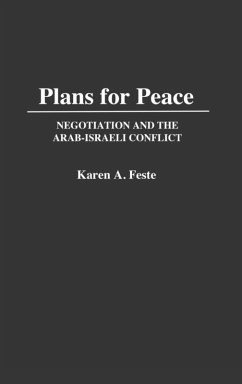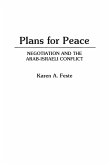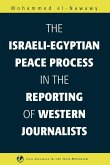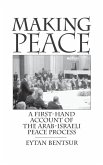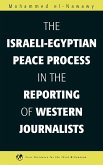Although much has been written about the Arab-Israeli conflict and about general theories of negotiation, this analysis and history is unique in linking major issues and peace plans to negotiation theory and strategy. Feste studies the basic structures of conflict and negotiation, offering no suggestions for radical solution but arguing for changes in approach that may bring about steps forward. This overview of all major peace efforts since 1947 and of negotiating strategies is intended for undergraduate and graduate courses in conflict resolution, Middle Eastern politics, and international relations; and for the use of political scientists, sociologists, students, and teachers concerned with ethnoconflict. The text analyzes the framework of the Arab-Israeli conflict, how it has built up, and how it has been maintained. The structure of the negotiation process is then viewed in the same way. Key elements in the Arab-Israeli conflict are considered historically and related directly to the process of negotiation and to theories about positional and principled bargaining and tactics needed in a pre-negotiation period and during negotiation to produce more successful results.
Hinweis: Dieser Artikel kann nur an eine deutsche Lieferadresse ausgeliefert werden.
Hinweis: Dieser Artikel kann nur an eine deutsche Lieferadresse ausgeliefert werden.

